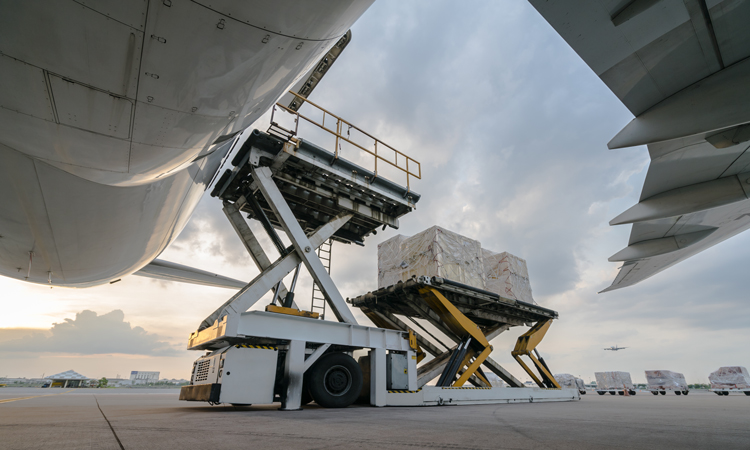Air cargo essential for global efforts to limit the impact of COVID-19
- Like
- Digg
- Del
- Tumblr
- VKontakte
- Buffer
- Love This
- Odnoklassniki
- Meneame
- Blogger
- Amazon
- Yahoo Mail
- Gmail
- AOL
- Newsvine
- HackerNews
- Evernote
- MySpace
- Mail.ru
- Viadeo
- Line
- Comments
- Yummly
- SMS
- Viber
- Telegram
- Subscribe
- Skype
- Facebook Messenger
- Kakao
- LiveJournal
- Yammer
- Edgar
- Fintel
- Mix
- Instapaper
- Copy Link
Posted: 17 March 2020 | International Airport Review | No comments yet
IATA has emphasised the importance of air cargo in combating the COVID-19 virus, and has called on governments to urgently implement protective measures.


Since the beginning of the coronavirus (COVID-19) crisis, air cargo has been a vital partner in delivering much-needed medicines, medical equipment (including spare parts/repair components) and in keeping global supply chains functioning for the most time-sensitive materials. All of which has been achieved through dedicated cargo freighter operations, the utilisation of cargo capacity in passenger aircraft and with relief flights to affected areas.
As a result, the International Air Transport Association (IATA) has called on governments to take urgent measures to ensure that air cargo will be available to support the global fight against COVID-19. Particularly as dramatic travel restrictions and the collapse of passenger demand have severely limited cargo capacity.
IATA’s Director General and CEO, Alexandre de Juniac, said: “Over 185,000 passenger flights have been cancelled since the end of January 2020 in response to government travel restrictions. With this, vital cargo capacity has disappeared when it is most urgently needed in the fight against COVID-19. The world’s fleet of freighter aircraft has been mobilised to make up this capacity shortfall. Governments must take urgent measures to ensure that vital supply lines remain open, efficient and effective.”
IATA has outlined the following actions, encouraging governments to implement them urgently:
- Exclude air cargo operations from any COVID-19-related travel restrictions, to ensure life-saving medical products can be transported without disruption
- Ensure that standardised measures are in place so that air cargo can continue to move around the world with minimal disruptions
- Exempt air cargo crew members, who do not interact with the public, from 14-day quarantine requirements
- Support temporary traffic rights for cargo operations where restrictions may apply
- Remove economic impediments, such as overfly charges, parking fees and slot restrictions to support air cargo operations during these unprecedented times.
De Juniac continued: “Air cargo carriers are working closely with governments and health organisations around the world to safeguard public health while also keeping the global economy moving. As we fight a global health war against COVID-19, governments must take urgent action to facilitate air cargo. Keeping cargo flowing will save lives.”


















